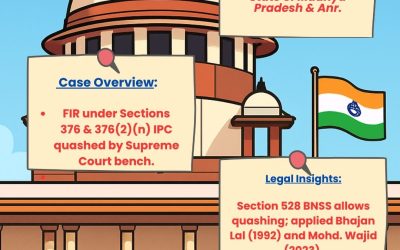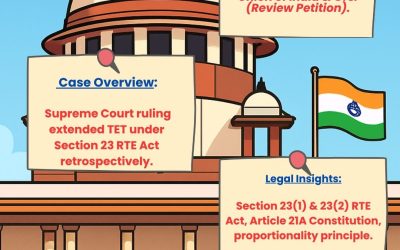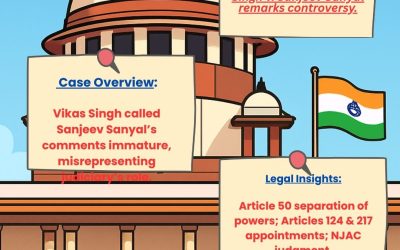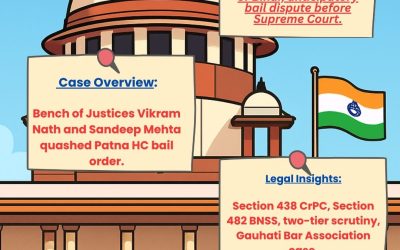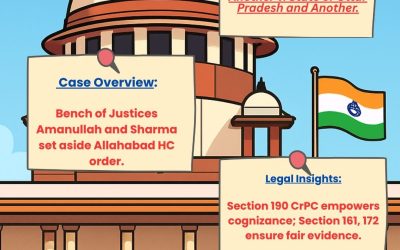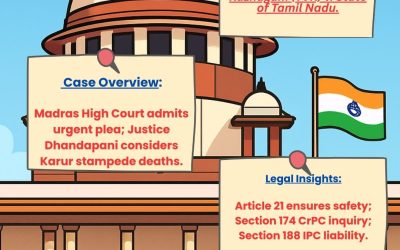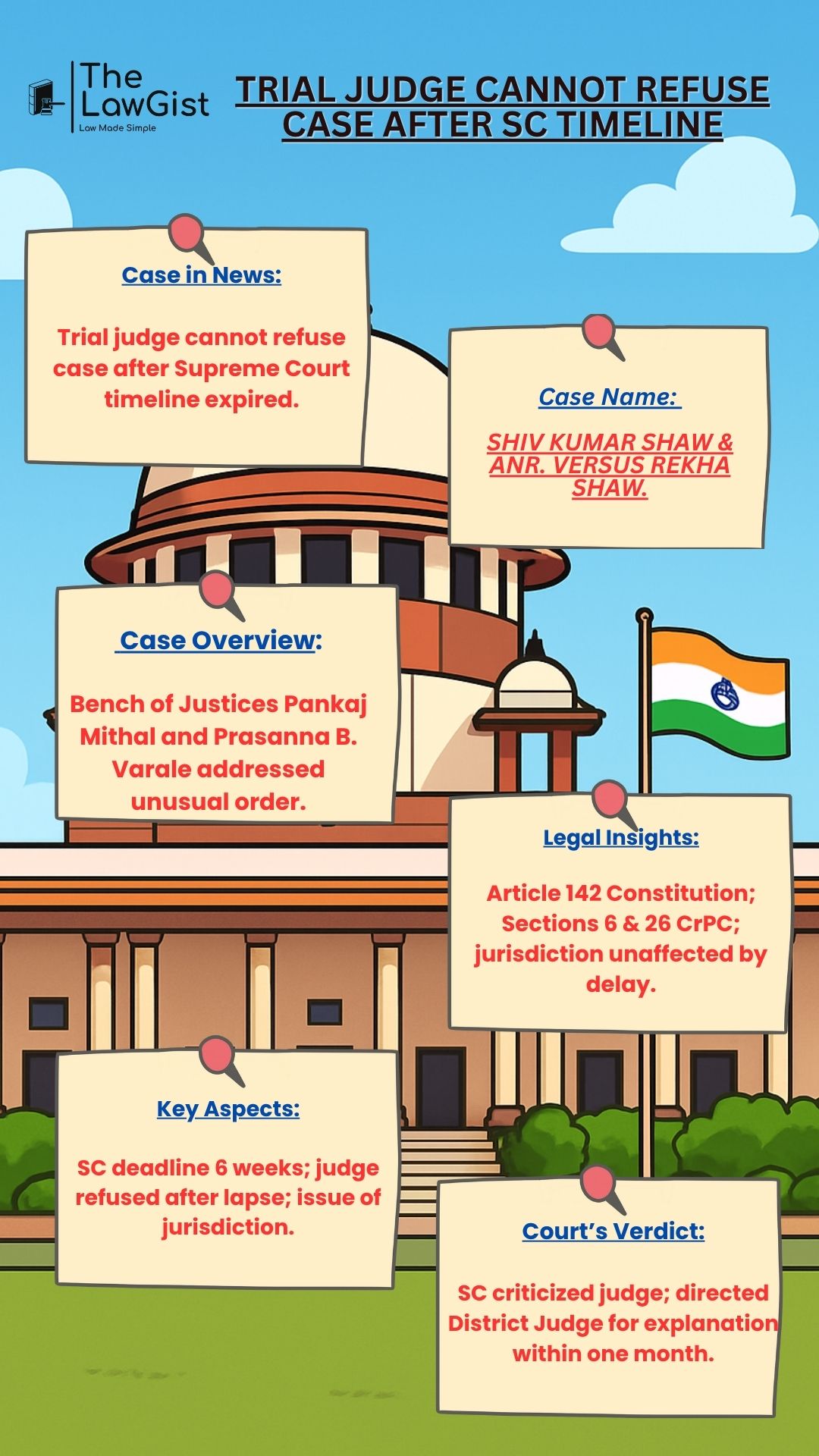
Supreme Court clarifies trial judges cannot abdicate jurisdiction after timelines lapse, must seek extension under Article 142.
Case in NewsThe Supreme Court ruled that a trial judge cannot refuse to decide a case after the timeline set by the Supreme Court expired . |
Discover powerful Latin Maxims and simplify complex legal terms in seconds.
Case Overview
Case Name: Shiv Kumar Shaw & ANR. vs. Rekha Shaw
A bench of Justices Pankaj Mithal and Prasanna B. Varale of the Supreme Court dealt with an unusual order passed by the Judicial Magistrate, 4th Court at Alipore, South 24 Parganas . The trial judge claimed loss of jurisdiction over a matter since the six-week timeline fixed by the Supreme Court had lapsed .
Step into the world of justice with Courtroom Chronicles
Key Aspects
The Court noted that the trial judge could not abdicate his judicial duty by citing the lapse of the Supreme Court’s prescribed time limit . Instead, he was required to seek an extension of time . The Court treated the refusal as highly irregular and directed accountability from the concerned judge .
- The Supreme Court on 18.01.2024 directed disposal of case AC-2053/2017 within six weeks .
- The trial judge failed to conclude proceedings and on 19.03.2024 stated he lost jurisdiction .
- Issue: Whether a trial judge can abdicate duty merely because the Supreme Court’s deadline expired .
Legal Insights
The Court relied on constitutional and statutory principles clarifying that jurisdiction is not extinguished by passage of time .
- Article 142, Constitution of India – empowers the Supreme Court to extend time limits to do complete justice .
- Code of Criminal Procedure, 1973 (CrPC) – under Sections 6 and 26, trial courts are bound by their statutory jurisdiction unless withdrawn by higher authority .
- Judges must seek an extension from the Supreme Court instead of declaring loss of jurisdiction .
- Judicial responsibility underpins the principle of fair trial and access to justice .
Court’s Verdict
The Supreme Court expressed displeasure, holding that the trial judge acted wrongly in claiming loss of jurisdiction . The District Judge was directed to seek an explanation from the concerned judge within a month and report back . The Court emphasized that timelines fixed by it do not extinguish judicial authority; instead, judges must request extensions if delays occur .
Source – Supreme Court of India
Read also – Code of Criminal Procedure, 1973 (CrPC)
The LawGist ensures exam success with quality notes—TPL, Current Affairs, Recent Judgments, and more. Backed by trusted resources and videos, The LawGist is every aspirant’s first choice. Discover more at thelawgist.org.


